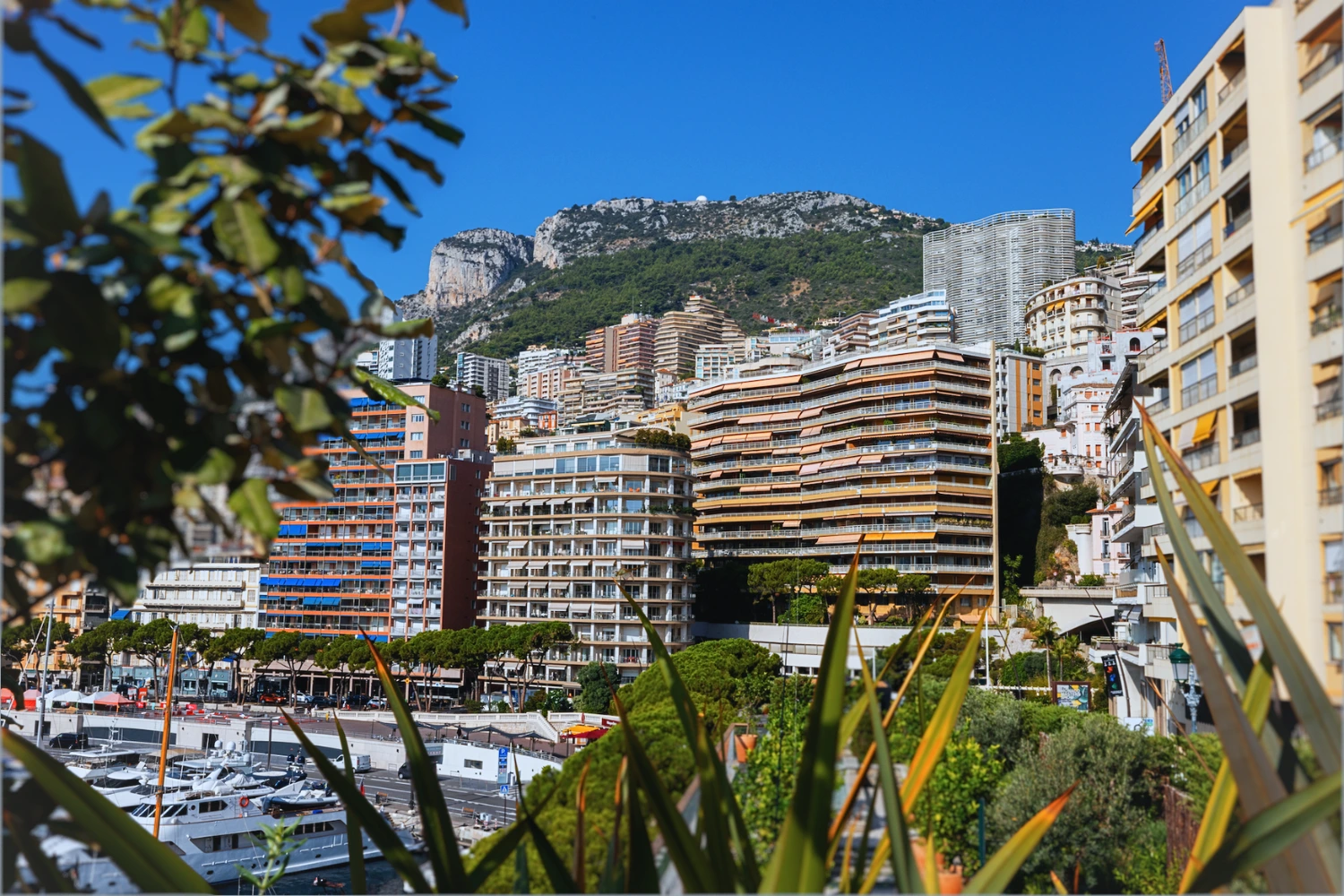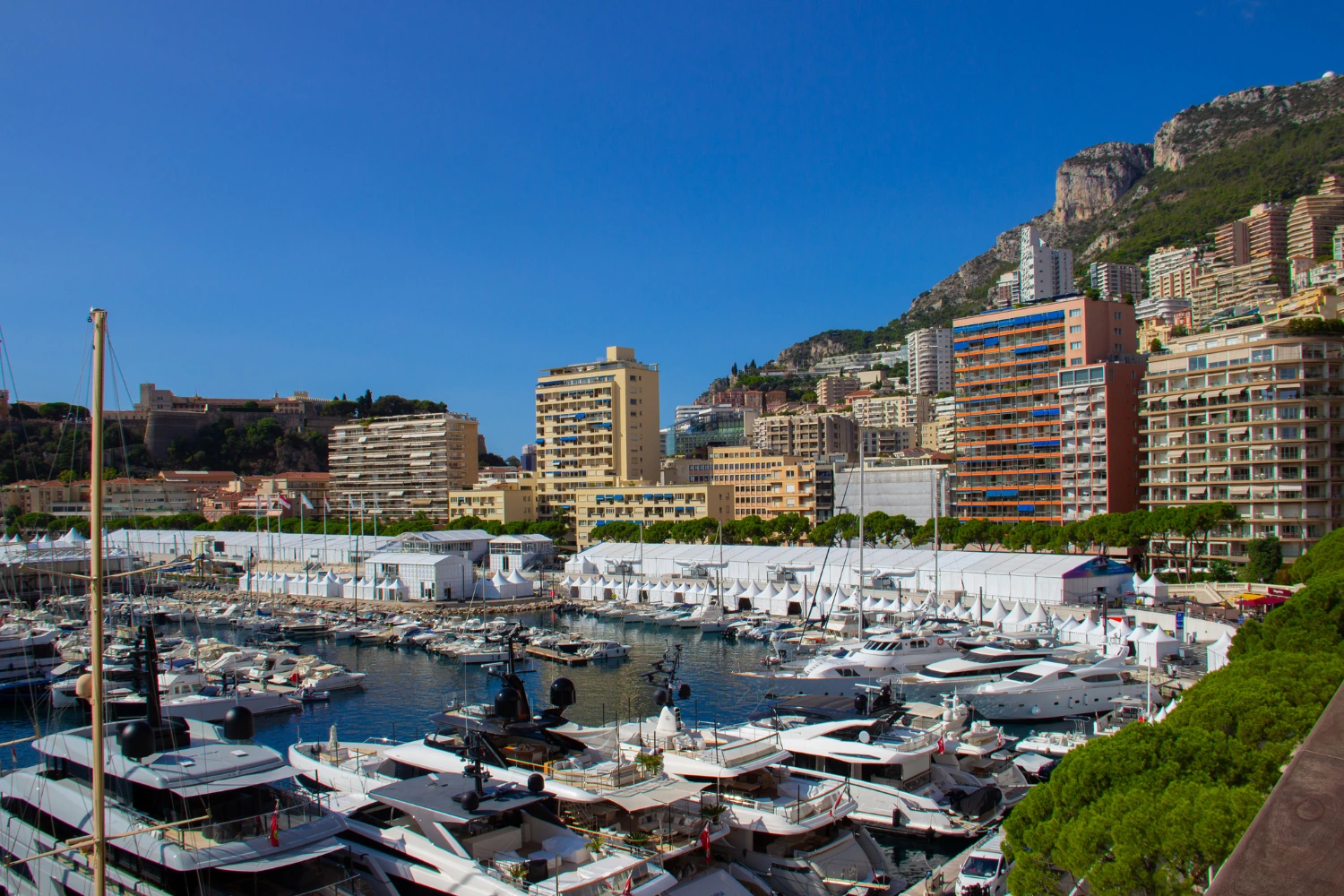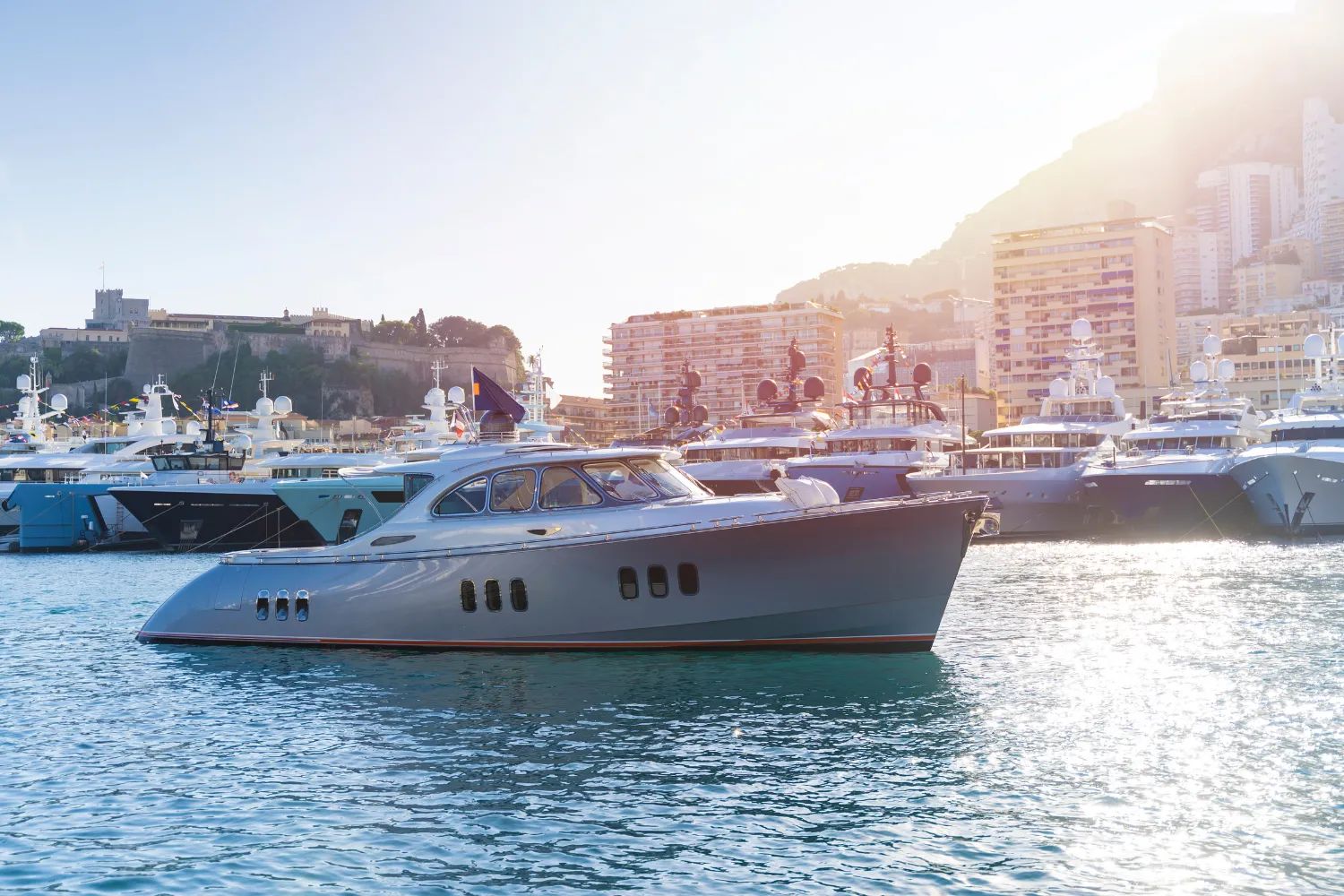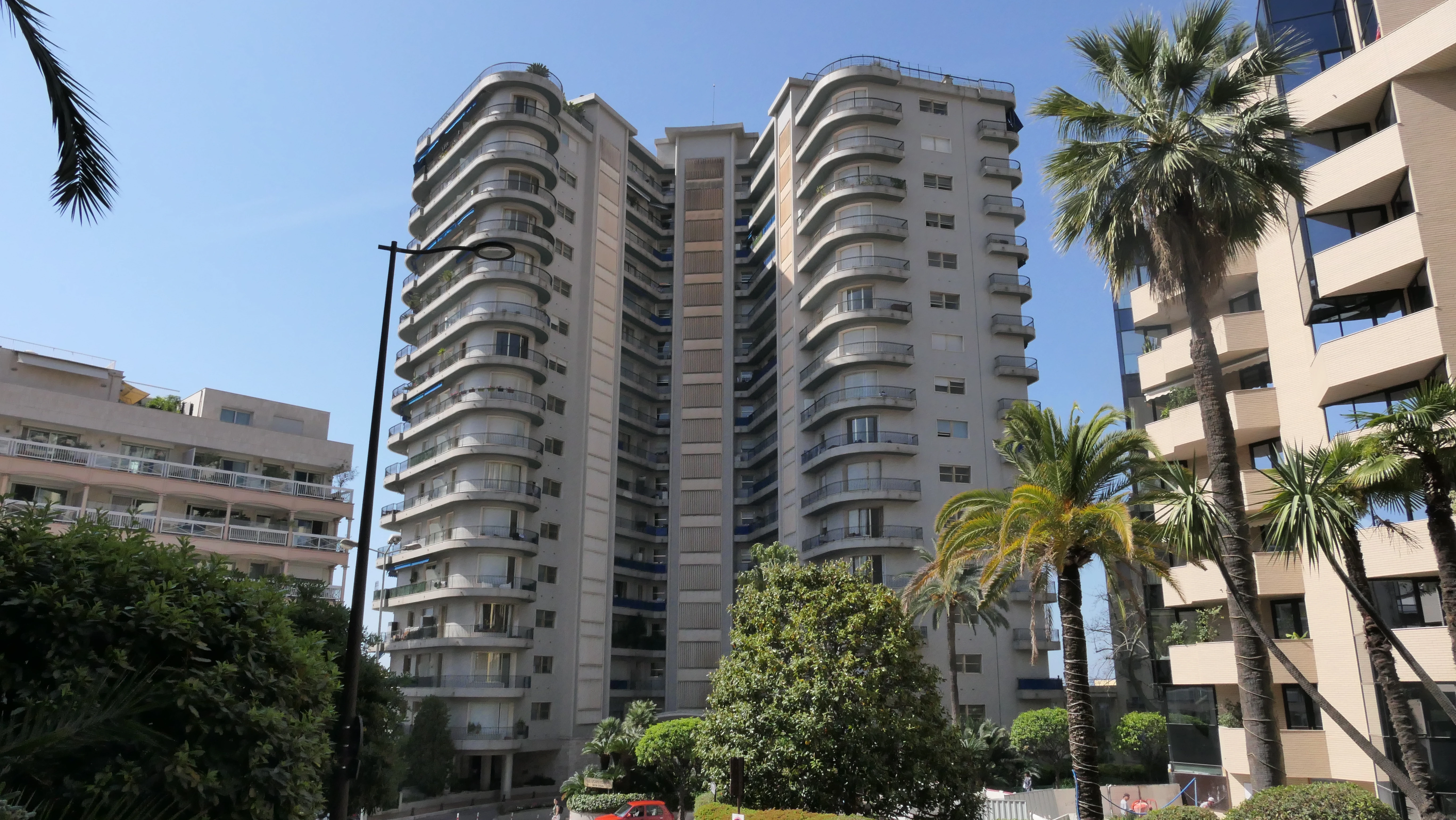
The Principality of Monaco, a symbol of luxury and prestige, stands out for its favorable economic environment. Its unique tax system, including no income tax for most residents and moderate tax burdens for businesses, as well as a stable legal framework, makes Monaco a preferred destination for international investors and entrepreneurs.
Monaco's tax system for individuals is based on a key principle: the absence of income tax, a feature that attracts many wealthy residents and entrepreneurs. This simplified tax regime offers a stable and predictable financial environment.
However, there are notable exceptions, notably for French citizens resident in Monaco after 1957, who remain subject to French income tax under bilateral agreements.
Monaco stands out for its particularly "mild" taxation for individuals, stemming from a 1869 ordinance issued by Prince Charles III, which abolished all income tax. As a result, Monegasque residents and nationals benefit fromthe absence of income tax, wealth tax, property tax, and housing tax.
However, this exemption does not apply to French citizens, who are subject to the 1963 Franco-Monegasque Convention. Additionally, inheritance and gift taxes only apply to assets located within Monaco’s territory, following conditions defined by international agreements.
In Monaco, inheritance and gift taxes are particularly advantageous, especially for direct heirs. Transfers between parents and children, or between spouses, are completely exempt from taxation, providing an attractive fiscal framework for families looking to pass on their wealth.However, for more distant heirs or those with no direct family connection, progressive tax rates apply, reaching up to 16%. By comparison, in France, inheritance tax rates for direct heirs can reach 45% after deductions, while for distant heirs, they can exceed 60%.
In Monaco, the tax treatment of trusts and donations to organizations is of particular importance in the context of wealth management and philanthropy. Although the Principality has no specific legislation on trusts, it recognizes their existence and legal effect under the 1985 Hague Convention.
Monaco offers significant tax advantages for donations to non-profit organizations. Donations made to foundations or associations recognized as being in the public interest can benefit from partial or total tax exemptions, subject to compliance with local regulations.
Companies operating in Monaco are subject to a specific tax framework, which remains attractive overall for investors and entrepreneurs. However, certain tax obligations must be met, particularly in terms of income tax and VAT.
The main direct tax for companies in Monaco is the tax on profits from industrial and commercial activities, set at 33.33%. However, exemptions may apply to companies generating 75% of their sales abroad. Companies generating more than 25% of their sales outside France can benefit from an advantageous tax regime, with a possible exemption if more than 75% of sales are generated internationally. Companies with international sales between 25% and 75% may be subject to a reduced rate.
As far as value-added tax (VAT) is concerned, Monaco applies the same rules as France, by virtue of its agreement with the European Union. The standard VAT rate is 20%, although reduced rates exist for certain goods and services. Monegasque companies must therefore comply with VAT collection and declaration rules, although there is no VAT on financial services, insurance and certain health-related products.
With regard to real estate transactions, VAT applies to the sale of new property or the construction of new buildings. The standard rate of 20% therefore applies to these sales, except in certain specific situations, such as the sale of old housing, which may be exempt from VAT (subject to certain conditions).
In addition, real estate companies must comply with the same tax obligations as those in force in France, such as collecting, declaring and paying VAT.
In Monaco, newly-established companies can benefit from attractive tax breaks, including exemption from corporate income tax for the first two years of business. After this period, they are subject to a standard tax rate of 33.33%, but reduced rates or exemptions may apply if more than 75% of sales come from international business.
To conclude, Monaco offers a number of tax advantages, including no income tax for individuals and reduced inheritance tax for direct heirs. Companies benefit from tax exemptions, especially those with international operations, and new businesses can be tax-exempt for their first few years. Monaco is an attractive destination for investors, but it's important to understand the local rules and consult experts.
Monaco's standard corporate tax rate is 33.33% on profits. However, exemptions or reduced rates may apply, particularly for companies whose international sales account for more than 75% of their turnover. Concerning Individuals, Monaco does not levy income tax.
There are some notable exceptions to the absence of direct taxation in Monaco. French citizens residing in Monaco after 1963 remain subject to French income tax, in accordance with the bilateral Franco-Monegasque convention. In addition, although transfers between close relatives are exempt from inheritance tax, duties may apply for distant heirs or for assets located outside Monaco.
In Monaco, inheritance tax applies only to assets located on Monegasque territory, regardless of the deceased's nationality or domicile. Transfers between close relatives (spouses, children, etc.) are exempt, while distant heirs may be subject to progressive inheritance taxes of up to 16%. Exemptions or reductions may also be granted for donations to charitable organizations.
Monaco companies are exempt from corporate income tax if more than 75% of sales are generated internationally, and from corporate income tax for the first few years. There is no wealth or property tax. VAT is aligned with French rules, with exemptions for certain sectors. Finally, inheritance tax is advantageous, particularly for transfers between direct heirs.

Introduction Every September, Monaco becomes the world capital of yachting thanks to the unmissable event for investors, professionals, and the greatest yachting enthusiasts: the Monaco Yacht Show (MYS).From...

Built in 2002, the Rainier III seawall has undergone work to reinforce Monaco's position as a host for mega-yachts.

An emblematic building, visible from every corner of Monaco, the Schuylkill is about to undergo a major facelift. Erected in the 1960s, this skyscraper was the first to be designed within the Principality....

This site is protected by reCAPTCHA and the Google Privacy Policy and Terms of Service apply.